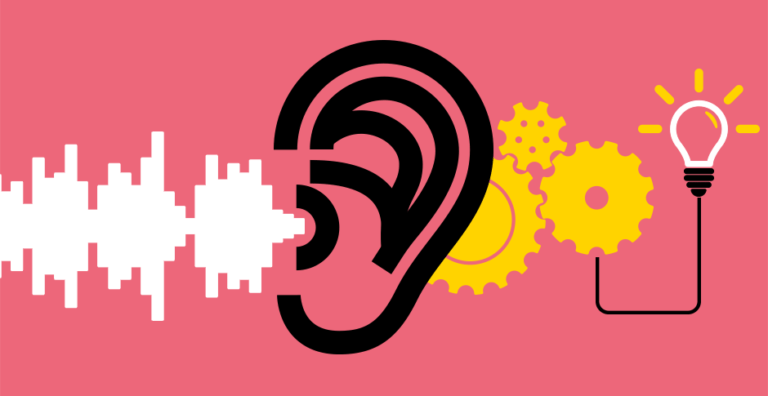

Listening is one of the most important skills we can have. How well we listen has a major impact on our effectiveness on the job and with relationships with others. However, in today’s high-tech, high-speed world we seem to be devoting less and less time to really listening to one another. Genuine listening has become a rare gift – the gift of time. There is a difference between hearing and listening.
Hearing is what your ears do, listening is what your mind does.
Listening builds relationships, solves problems, ensures understanding, resolves conflict and improves accuracy. Effective listening means less errors and less wasted time. Listening well builds friendships and careers.
Why do we listen:
- We listen to obtain Information
- We listen to understand
- We listen for enjoyment
- We listen to learn
Research has shown that we only remember 25 – 50% of what we hear. That means in a 10-minute conversation you pay attention to less than half.
A lot of times we act as if we listening to the other person, but the reality is that our minds are racing to other topics or planning our response. Active listening is when you hear and understand people so that you get the complete message.
To become an active listener:
- Pay Attention!
This means eye contact. Put thoughts on hold, put the phone down, do not scan the room.
- Do not Interrupt.
- Be attentive, but relaxed
Body posture, not a lot of uh-huh or excessive nodding or fidgeting.
- Ask questions and for clarification
Paraphrase what they said, this can be tricky be careful that your mind is not racing ahead for the next question to ask. Ask for confirmation on what you heard.
Remember the distinction between the ears and mind.
By: Cheryl Viola , Executive Director

